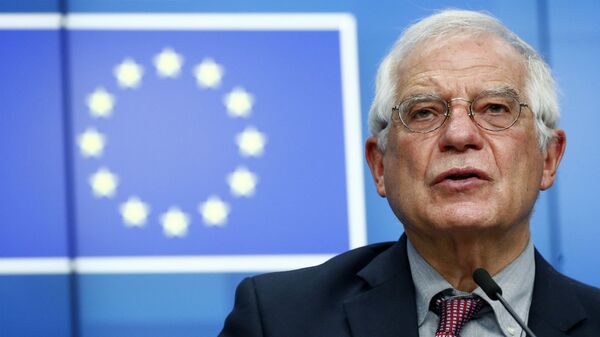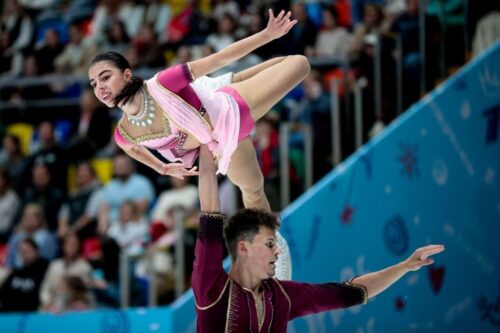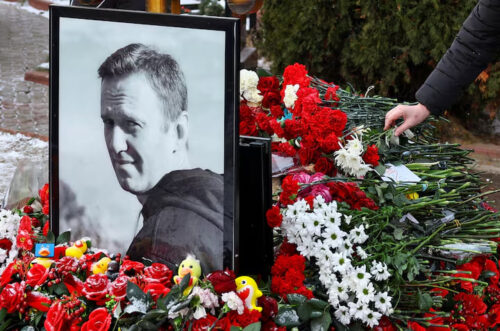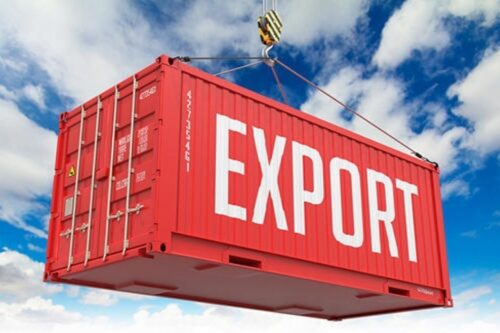
Borrell: The EU-Armenia partnership will be composed of three building blocks
High Representative of the EU for Foreign Affairs and Security Policy Josep Borrell talked about the Armenia-EU relations at the European Parliament meeting held yesterday.
Borrell’s speech reads: “We are at a historic moment in the EU-Armenia relations – they have never been stronger than today. This was confirmed two weeks ago at the fifth EU-Armenia Partnership Council.
Back in October, in this Plenary, Prime Minister [of Armenia, Nikol] Pashinyan delivered a very clear message: Armenia is ready to move closer to the European Union. In response, the European Council tasked the High Representative and the Commission to explore ways to strengthen EU-Armenia relations “in all their dimensions”. Over the past months we have been working to deliver [on this].
The road ahead may at times be challenging. Armenia’s past decisions, which have resulted in political, economic and security dependencies, cannot be overcome overnight. But the clear political will on both sides will allow us to advance in deepening and broadening our partnership.
We already have a good basis, a solid framework: our EU-Armenia Comprehensive and Enhanced Partnership Agreement.
Together with Armenia, we have launched the preparation of an ambitious new EU-Armenia Partnership Agenda.
We have proposed that this new Partnership Agenda, based on our common values, should be composed of three building blocks:
First, we will work to strengthen Armenia’s resilience and diversify its economy through increased cooperation in trade, energy, connectivity and aviation safety.
For enhanced people to people contacts, we are discussing options to start a visa liberalisation dialogue. Armenia has expressed its strong interest in this, and we encouraged its leadership to step up work on the relevant reforms. Launching of the visa liberalisation dialogue would send an important political signal to Armenian citizens, and it would provide leverage for further reforms.
Secondly, security is an increasingly important element of our bilateral relations. We are celebrating the first anniversary of the EU mission in Armenia and look forward to its reinforcement, and are considering a possible European Peace Facility measure. And we are scaling up our dialogue on foreign and security policy, also looking into [Armenia’s] participation in EU-led missions and operations.
Thirdly, stepping-up investments will be key for closer economic cooperation. We are committed to supporting Armenia’s participation in the Black Sea electricity cable, and other regional connectivity projects. Creating closer links between the countries of the region has a strong potential to serve as dividends for peace.
The European Union also continues to support Karabakh Armenians. We provided €12.2 million to address urgent humanitarian needs, and we have set aside an additional €5.5 million. For socio-economic needs, we provided €15 million in budget support.
Our strong commitment to the Armenia-Azerbaijan normalisation process remains unchanged. We stand ready to support a sustainable and lasting peace based on the principles of recognition of sovereignty, inviolability of borders and territorial integrity of both countries. We reject any use of force, or the threat to use force, and continue to support peaceful conflict resolution.
Our priority is now to strengthen Armenia’s resilience, to ensure that Armenia is able to pursue its foreign policy choice independently. And this is why we are strengthening our sectoral cooperation, we are further developing our cooperation on security and defence, and we are boosting economic investments.
A sustainable and lasting peace and stability in the South Caucasus is highly important. And this is why we recently reinforced the EU Mission in Armenia. We also call on the parties to engage in good faith and we stand ready to continue to facilitate exchanges.”


